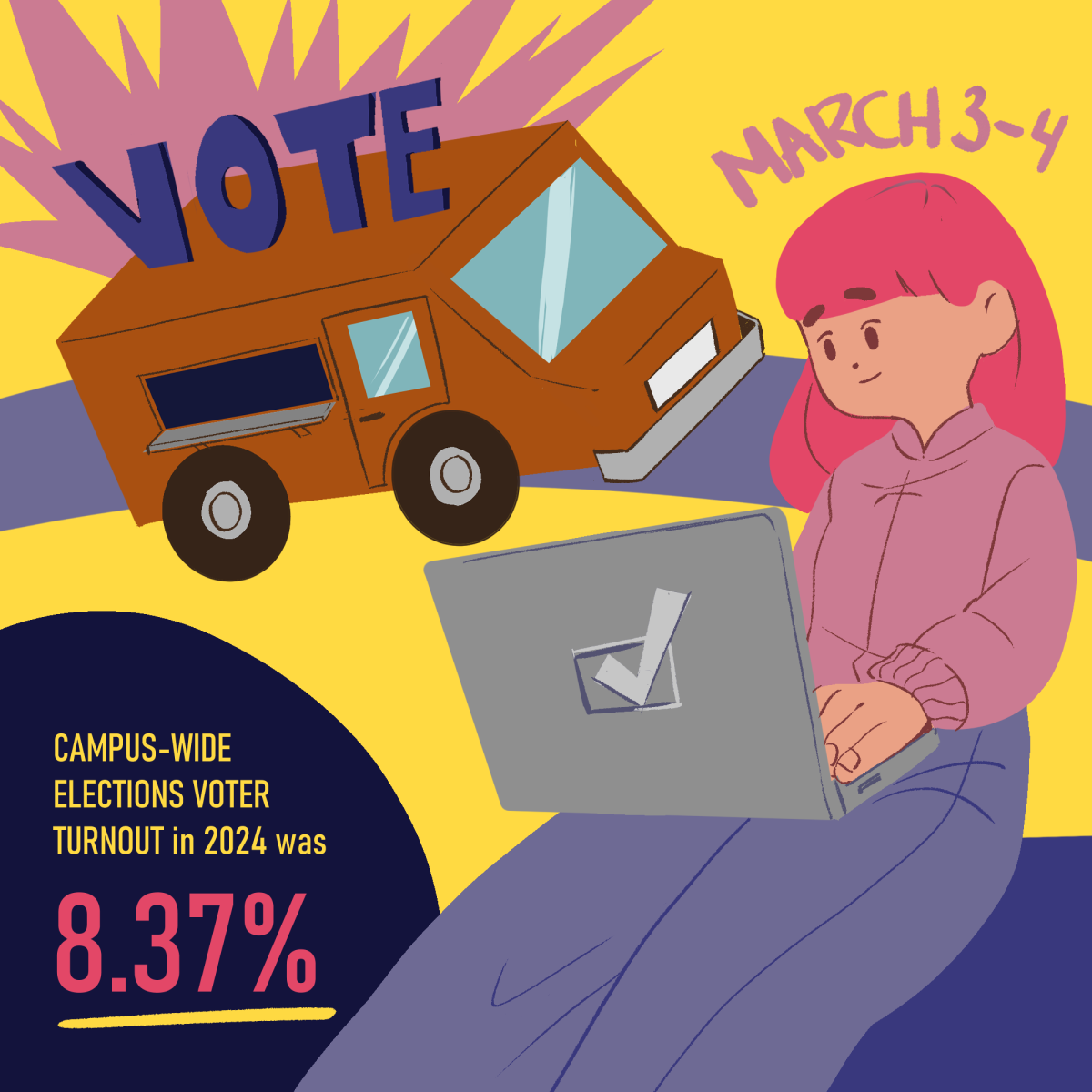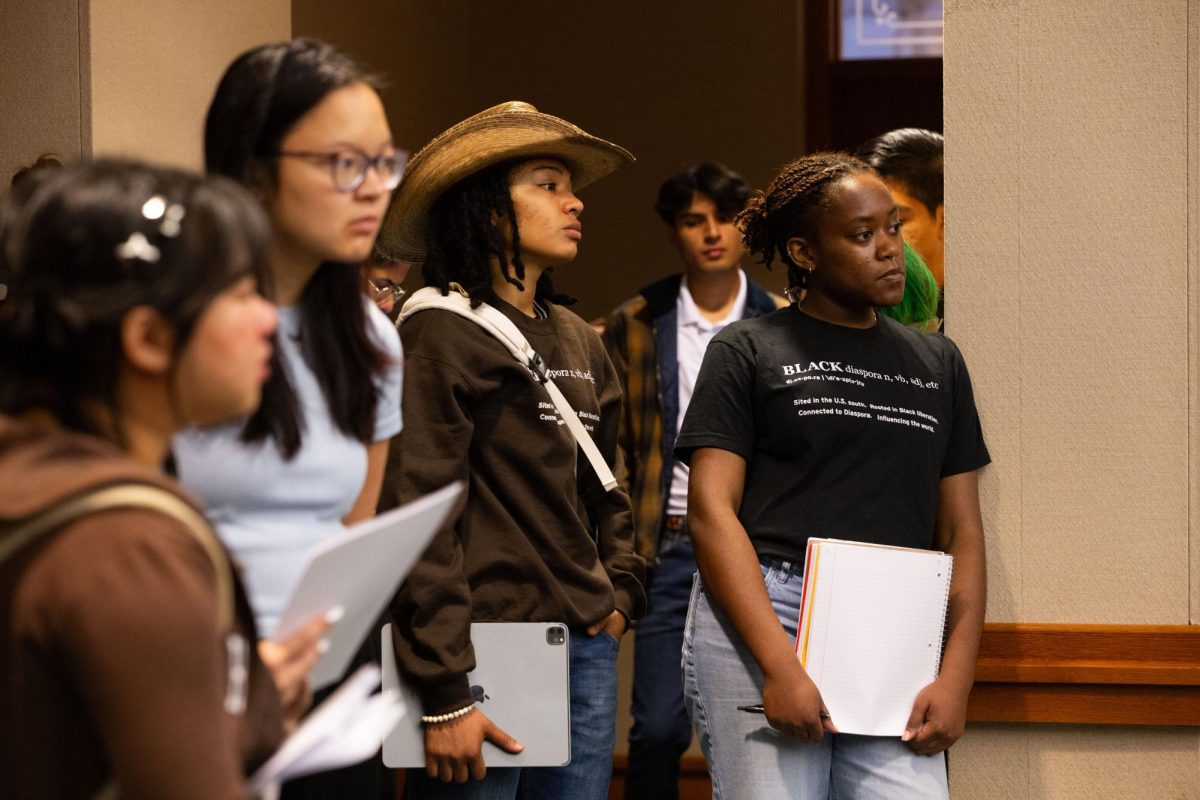A Texas A&M student group, TAMU Anti-Racism, is calling for the university to add a mandatory racism awareness class to the curriculum, raising questions of whether such a class may be implemented at UT.
Texas A&M and UT both have black student populations around only 4 percent, and both campuses have seen race-motivated incidents in recent years.
The incident that motivated TAMU Anti-Racism to advocate for minorities occurred in February of this year, when a predominantly minority group of Dallas high school students visiting campus were taunted and insulted with racial slurs by Texas A&M students.
“Students of color on campus were not shocked; this happens every day,” said Amanda Gomez, Texas A&M sociology junior and a member of TAMU Anti-Racism.
Gomez said the organization was founded immediately following this incident, and their main focus since has been the mandatory class on racism.
“The class would discuss structural barriers people of color face that white people do not, especially in academia,” Gomez said.
Objectives and topics drafted for the class include historical redlining, white supremacy, criminalizing black and Hispanic youth, the prison system and education. The class would also cover the intersections of sex, gender, orientation, disability, race and ethnicity.
Gomez said the class would replace an already required cultural diversity component of the curriculum. Currently at a standstill, the class awaits being presented to the Texas Higher Education Coordinating Board.
Joey Williams, interim communications director under Provost Maurie McInnis, said no organization at UT has ever tried to mandate a similar class.
“There would be several steps taken from the initial presentation of the idea to the addition to the course catalog,” Williams said. “Course catalogs are planned years in advance, so there’s no definite amount of time as to how long it would take for a class to be implemented to the curriculum.”
While UT already requires a cultural diversity flag, as Fenves mentioned in his 2016 State of the University Address, a new Diversity Action Plan will work to resolve issues of diversity, Williams said.
“Diversity and inclusion will always be among my top priorities,” Fenves said in the address in September. “Preparing leaders means providing the opportunity to learn with, and from, a wide range of people — to be exposed to diversity in its many forms.”
Leonard Moore, a UT African and African diaspora studies professor, said he believes taking ethnic and race courses are beneficial for all students.
“I think we need a class that deals with the African-American and Latino experience,” Moore said. “I think that should be a mandatory class.”
Moore currently teaches two courses: The Black Power Movement and Race in the Age of Obama, which address topics such as race, class, gender and different ethnic experiences.
“What I remind people is that I don’t need you to agree with me. When you learn about other cultures, it makes you better,” Moore said. “If you learn the experience, you may not agree with it, but you can at least understand it.”





















